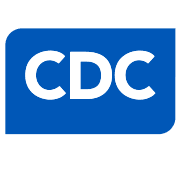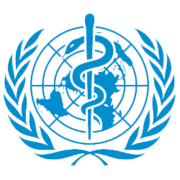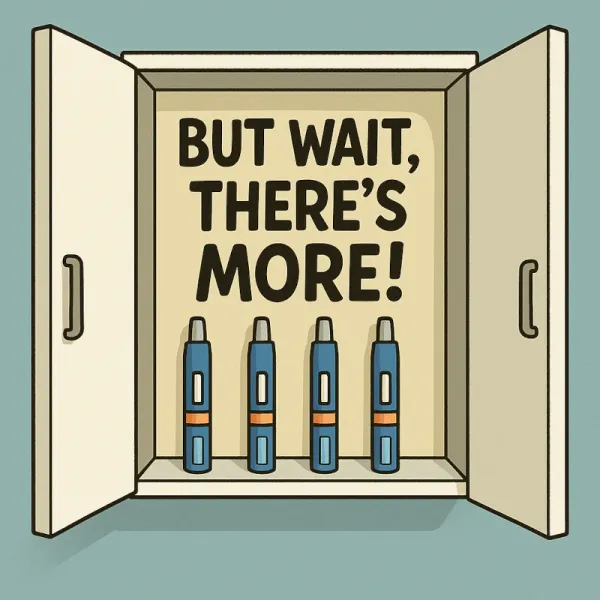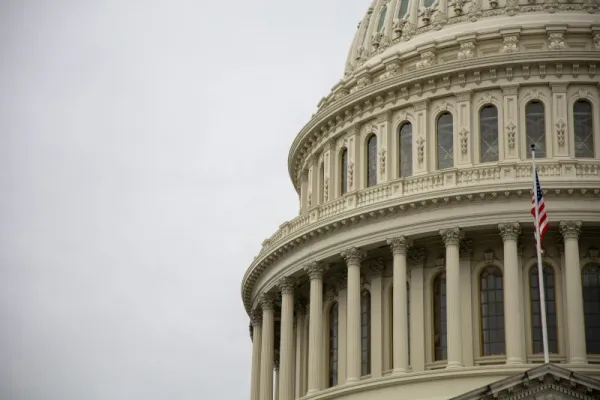GLP1 use by younger people
We dig into the reports of younger people using GLP1s like Ozempic, Wegovy and others.

GLP1 Receptor Agonists aren't miracle drugs, but they've so far proven to be quite safe, without many unexpected side effects. They're also extremely effective for weight loss and managing type 2 diabetes.
Check out our quick explainer
While adults can of course make the decision to purchase GLP1s like Ozempic, Wegovy, Mounjaro, Zepbound and others at any time, it's a lot less clear that younger people should or need to.
The number of children using GLP1s is increasing (along with just about every other cohort), and it's increasingly looking to be beneficial for younger people as well as older people.
How big is the childhood obesity problem?
StateOfChildhoodObesity.org maintains statistics that can help paint a border around the issue of childhood obesity:
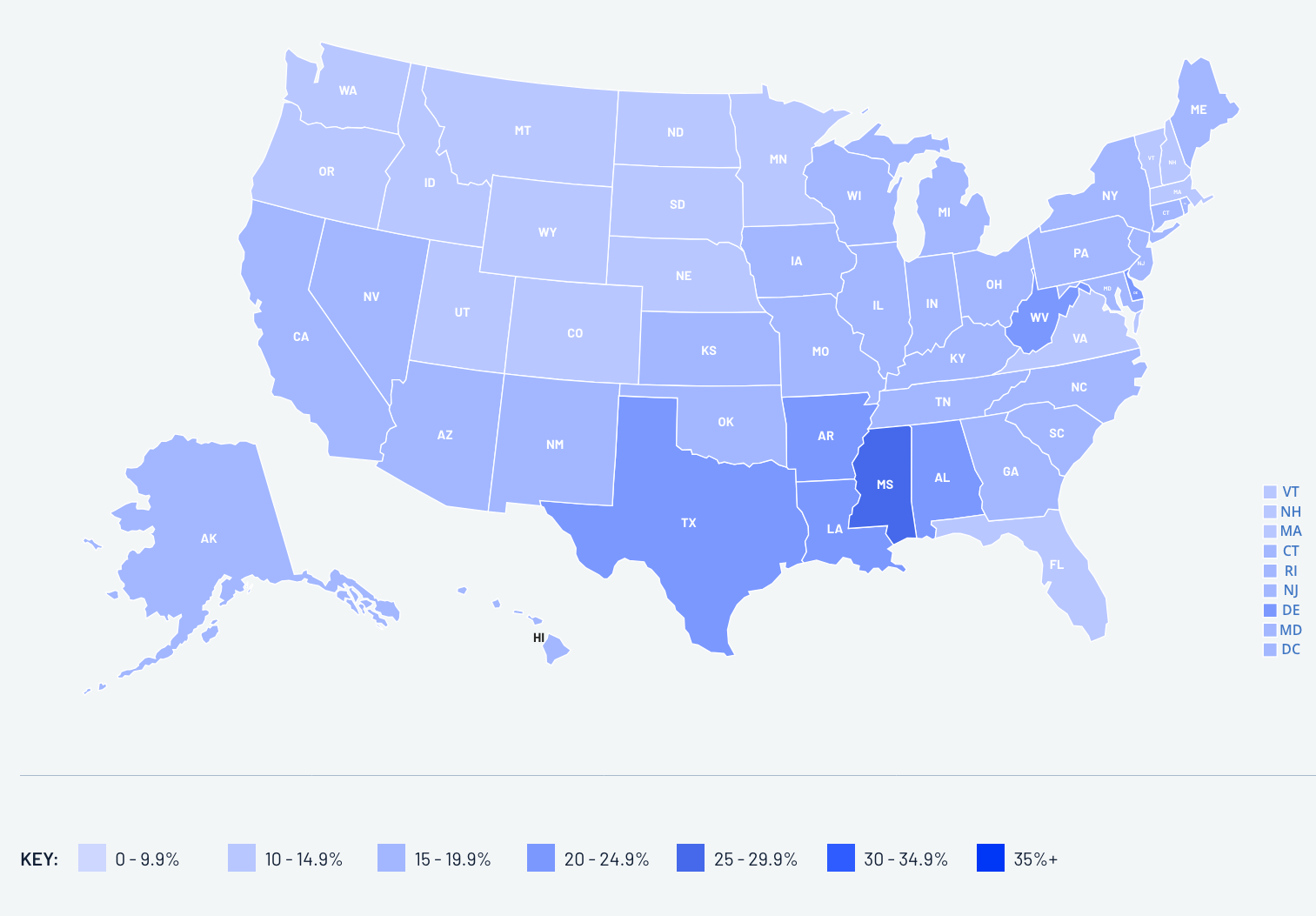
At a high level the problem is significant:
Roughly one in six youth have obesity, according to the newest available data. The data, from the National Survey of Children’s Health, show that in 2022-2023, 17.0% of youth ages 6 to 17 had obesity.
The CDC correlates this data:
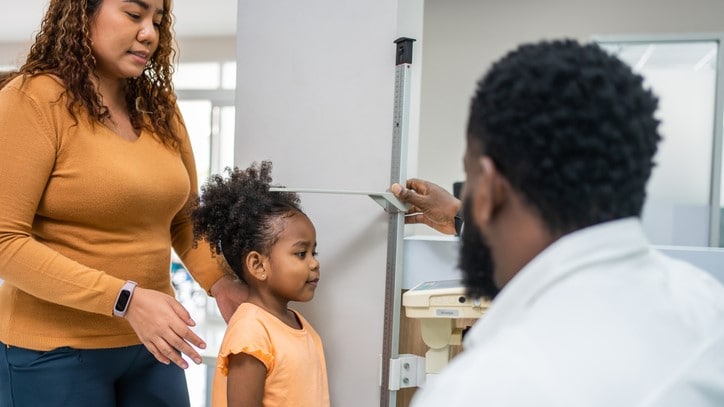
Clearly this is something worth addressing, considering that the likelihood of obesity in adulthood is highly correlated with obesity in children, as reported by the WHO:

In addition to the outright risks of childhood obesity, there is the problem of becoming obese as an adult:
Being overweight in childhood and adolescence affects children’s and adolescents’ immediate health and is associated with greater risk and earlier onset of various NCDs, such as type 2 diabetes and cardiovascular disease. Childhood and adolescent obesity have adverse psychosocial consequences; it affects school performance and quality of life, compounded by stigma, discrimination and bullying. Children with obesity are very likely to be adults with obesity and are also at a higher risk of developing NCDs in adulthood.
Tirzepatide as young as 12 years old
Teenagers that struggle with weight loss can have quite the difficult time in youth – a time when peers can be more vicious to each other than ever.
The Wall Street Journal's recent coverage of a 12 year old who was thrust into the world of Ozempic (more accurately, Tirzepatide) shines a light on what can happen:
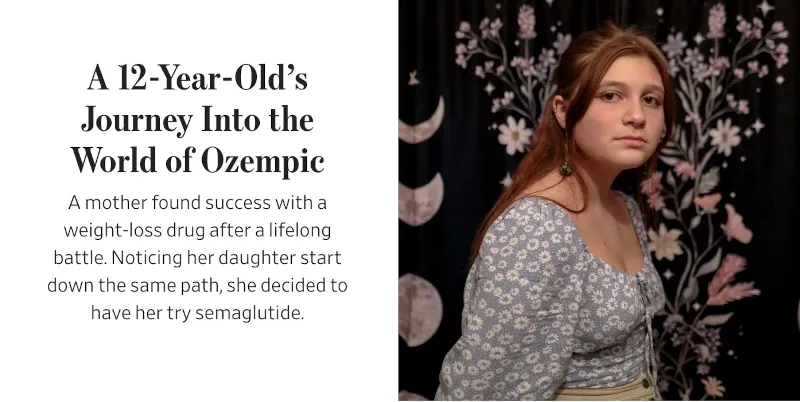
The article details how the mother of the 12 year old in question suffered from weight loss issues in youth and all the way to adulthood. Kait Handler, the mother of Birdie Handler felt that she saw herself in her daughter's experience and had to do something.
After getting a prescription for Ozempic from her primary care physician and being unable to afford the drug without insurance coverage, turned to compounded versions and was able to find success. Within 7 months she had lost 75 pounds.
Seeing this success with herself it was clear that it might help her daughter – and with approvals for use on children over the age of 12 from various organizations, it was a no-brainer to try.
An interesting tidbit from the article:
More than 30,000 adolescents between the ages of 12 and 17 were dispensed brand name and compounded GLP-1 medications last year, according to an analysis by University of Michigan researchers. Of that group, 60% were female.
There are still risks though – there is no long term data to confirm that Ozempic is safe to use for children.
That said, Birdie was able to get a subscription to compounded GLP1 (later revoked as she was under 13, the age that the COPPA act requires for children to use online services), and she was able to lose weight, contributing to a more positive outlook and more control over her eating habits.
One case isn't enough to pass judgement on whether children so young should take GLP1s, but the case of the Handlers is at least informative.
Trying Wegovy to prevent childhood obesity at 16
Teens are more likely to have even more intense pressure (mostly undue) to control their weight in the current society. While in the past there were many "acceptable" body types, with the amount of real and stylized depictions of the ideal body in the media teenagers feel even more pressure to conform.
NBC's story on a teen taking Wegovy was an excellent look into the struggles that some teens can face:
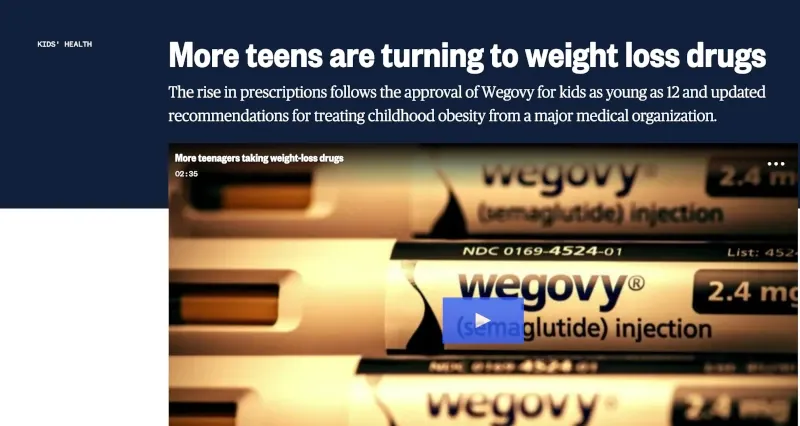
The results that Demi experienced were notable:
She started Wegovy in March 2023, [..] She has since lost 58 pounds.
The weight loss, she said, hasn’t just transformed her appearance, but her mental health as well: Demi said she’s been able to go off medication for anxiety and depression.
While it's unclear whether the anxiety and depression have improved in the long term, even a short term reprieve is worth celebrating.
There is another large cause for concern – eating disorders that are common amongst teenagers:
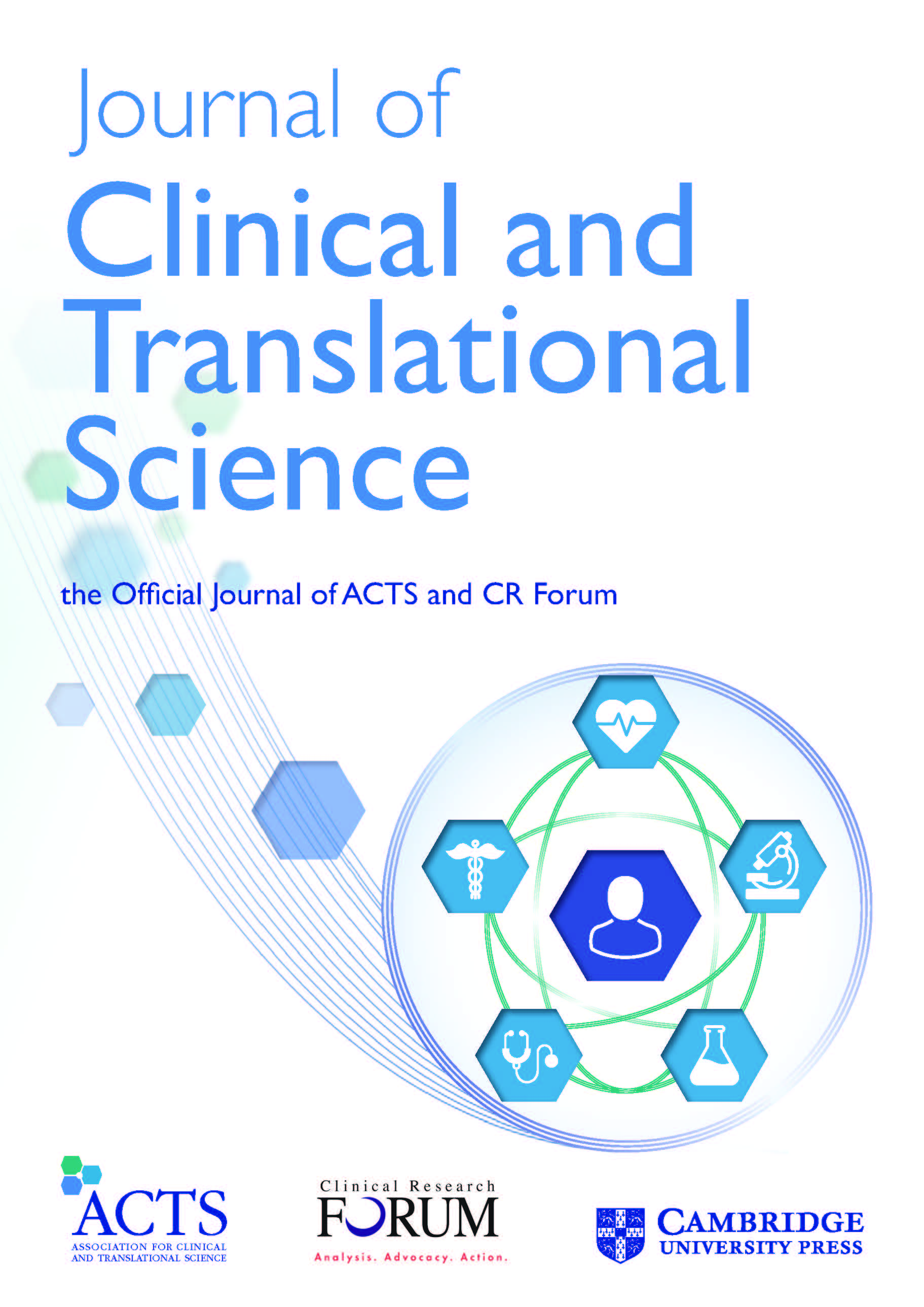
Clearly, there are risks and the treatment of teens can be problematic – but at present the results are clearly on the side of being beneficial for children at least anecdotally, and the right answer is almost certainly different on a case-by-case basis.
Parents struggling with the decision to allow children to take Ozempic
With access to the internet, any resourceful teenager can find out about the existence of GLP1s and the fact that they might be helpful (and have risks).
Articles like the HuffPost help parents who are struggling with the decision on whether to allow children to take Ozempic:
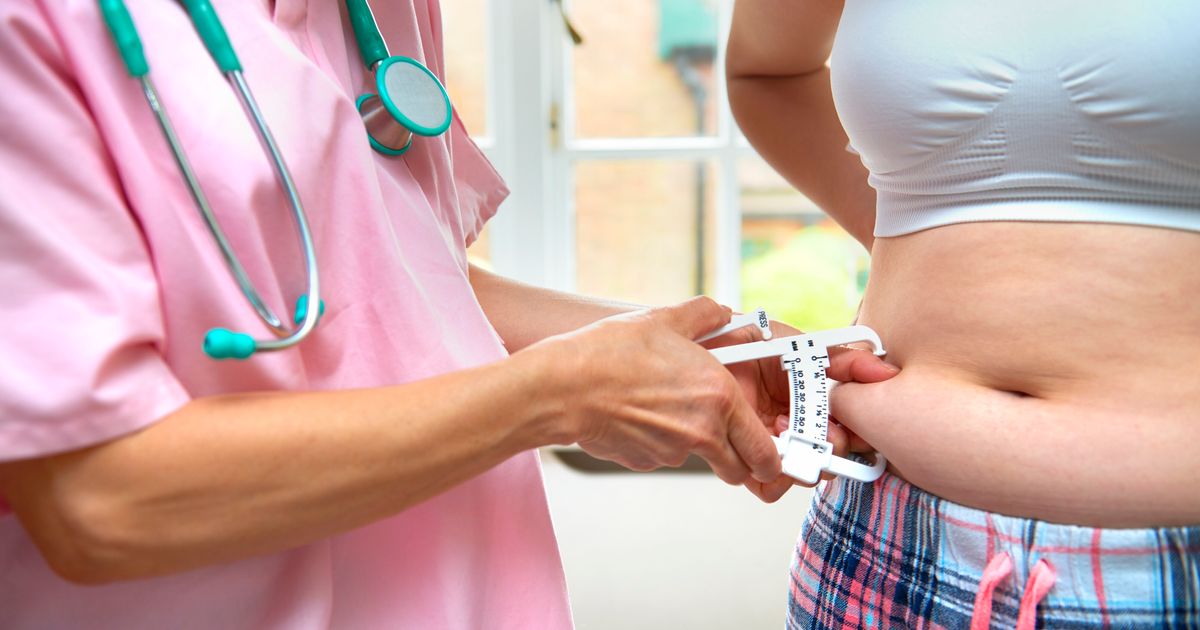
At the end of the day, outside of noting risks and worrying about stigmas, it seems most important to closely manage children's physical and mental health. This might make the job of being a parent harder, but is also a chance to nip childhood obesity in the bud.
Guidelines set by the American Academy of Pediatrics
As this conundrum widens, people have turned to the AAP to make recommendations, and they've produced a set of guidelines:
While not perfectly, we've summarized their recommendations below:
- Consider nutrition, exercise, behavioral therapy along with medications (GLP1s) and surgery
- Lifestyle changes (with appropriate coaching and face-to-face care) are the most effective, though they are the hardest to implement.
- Treatments backed by evidence can reduce disordered eating
- Doctors should offer children 12 years old and above the option of GLP1s, to go with other lifestyle changes.
- Children 13 and above who are severely obese should be evaluated for surgery.


